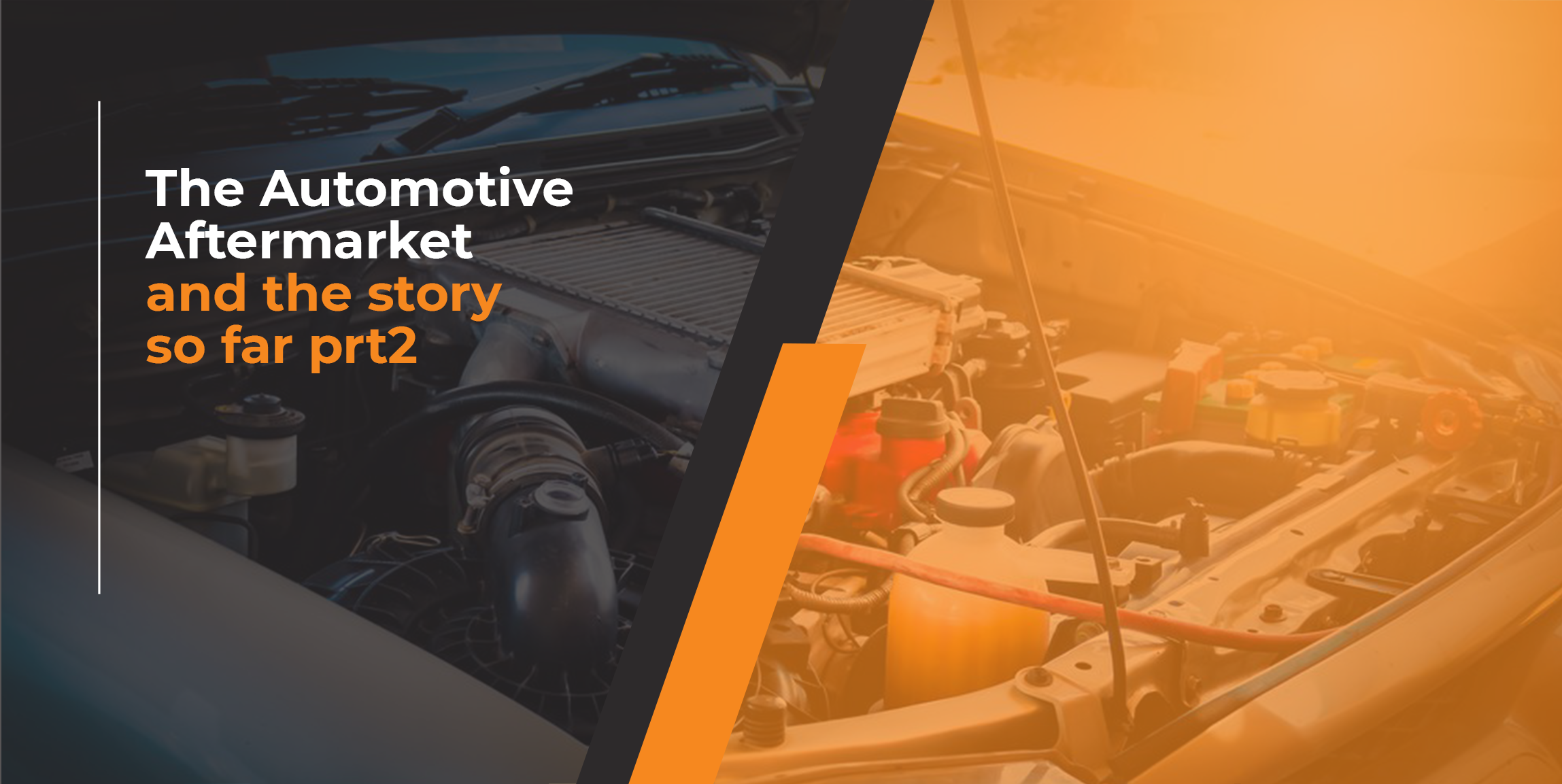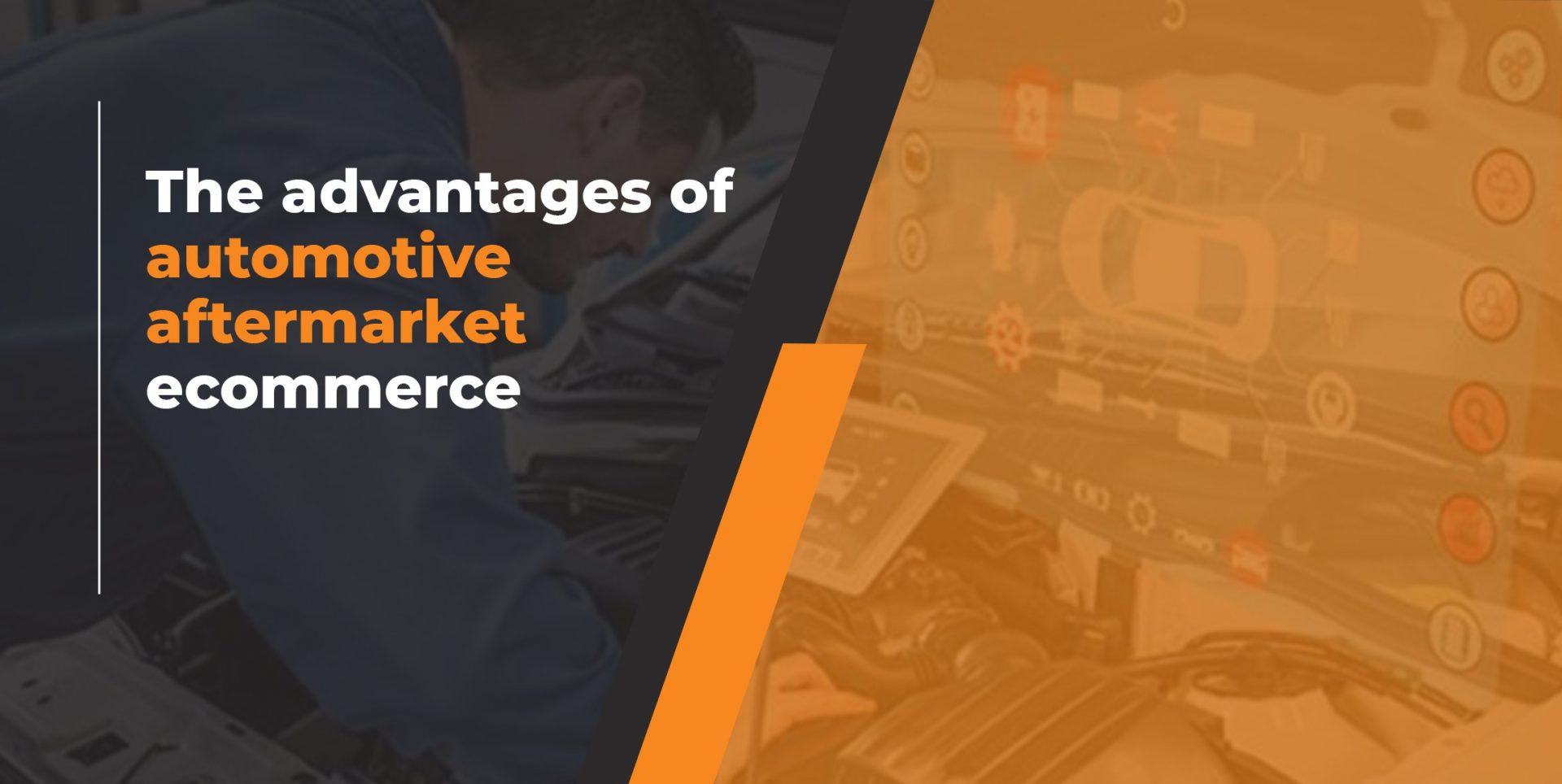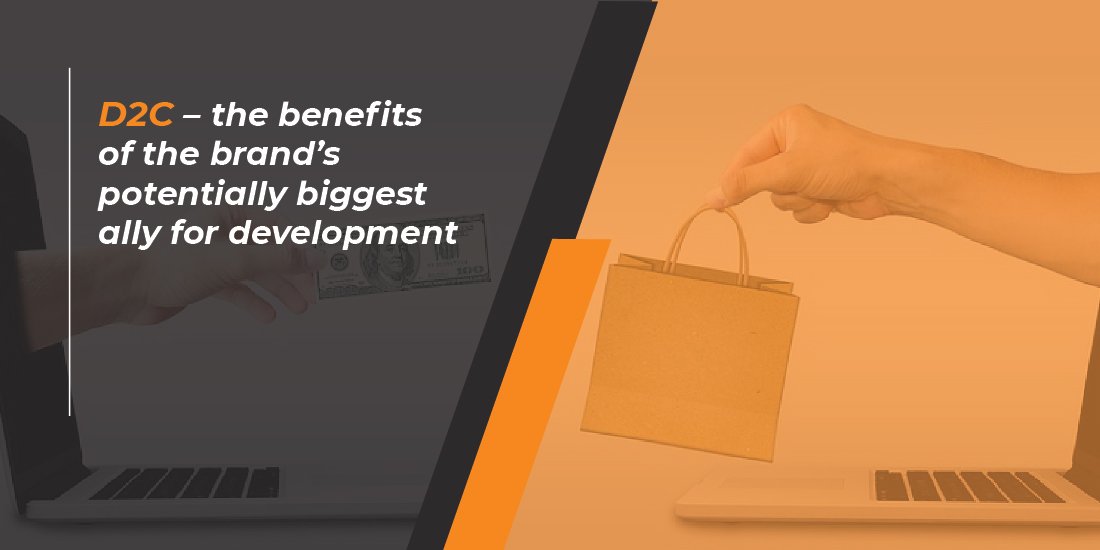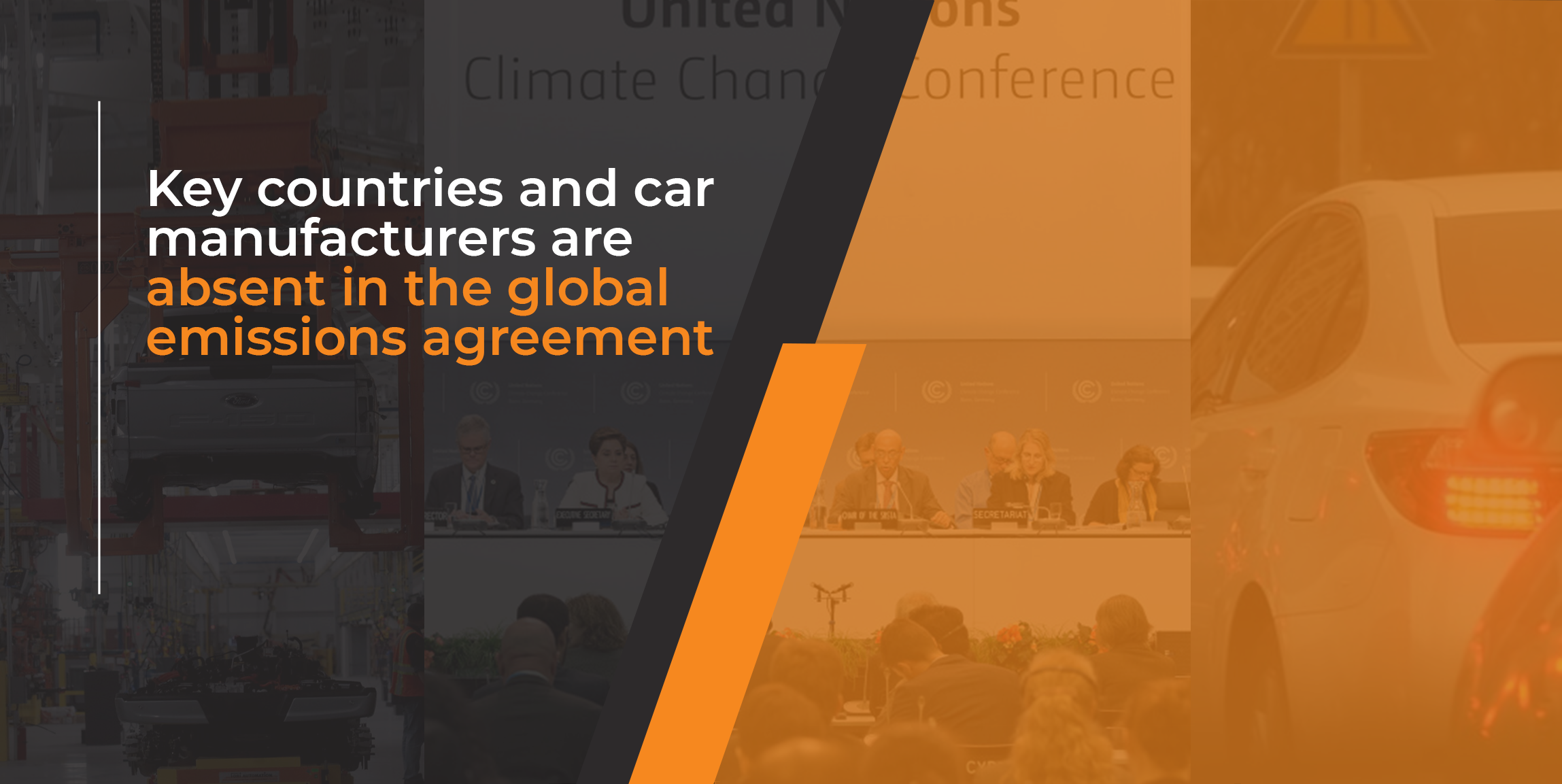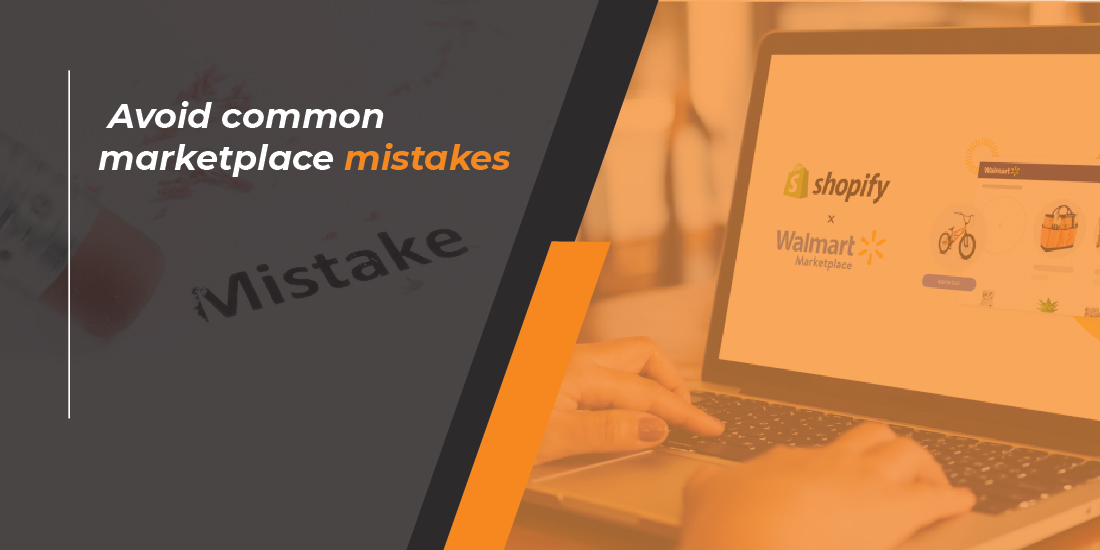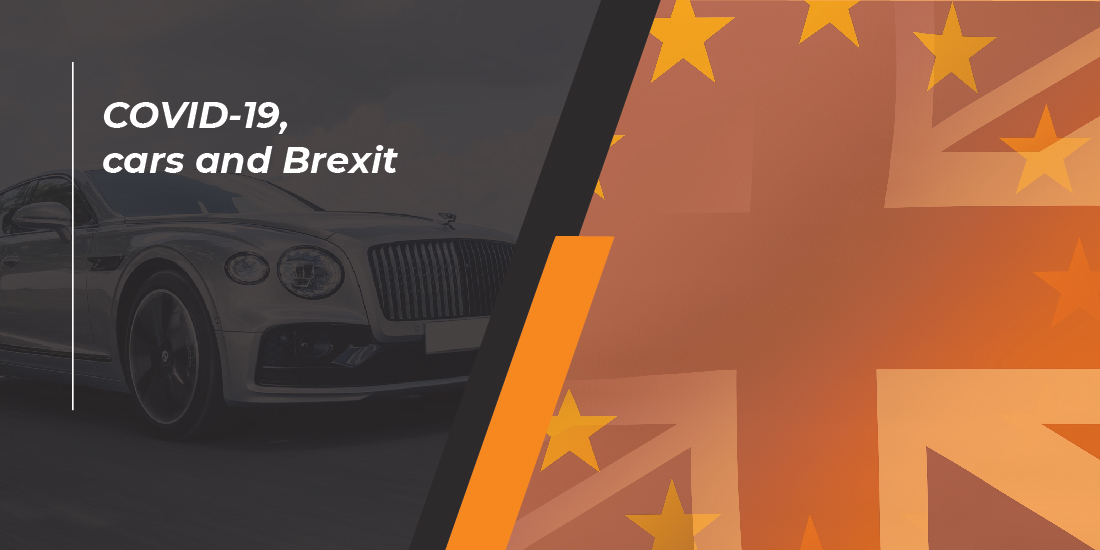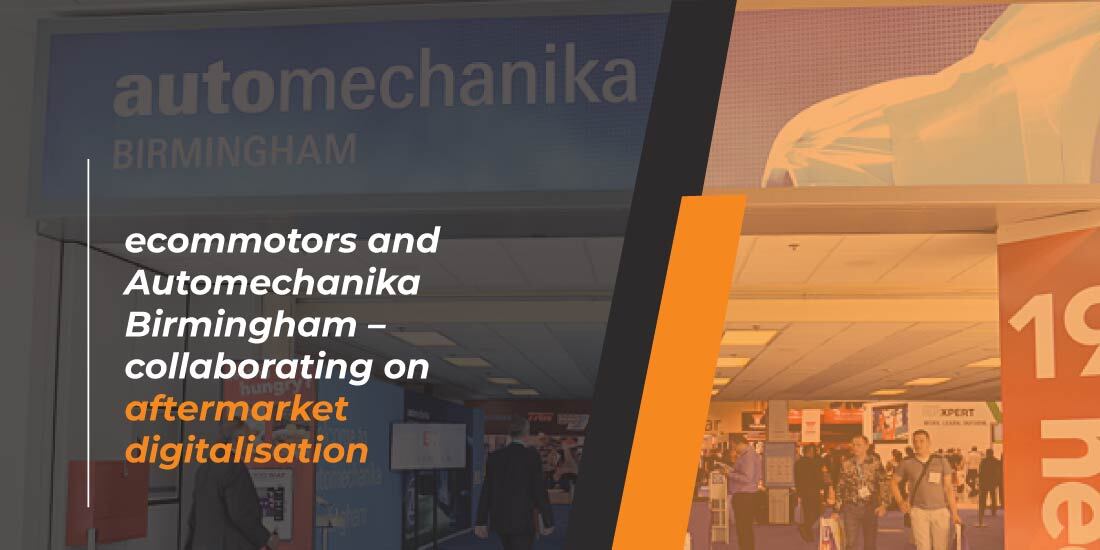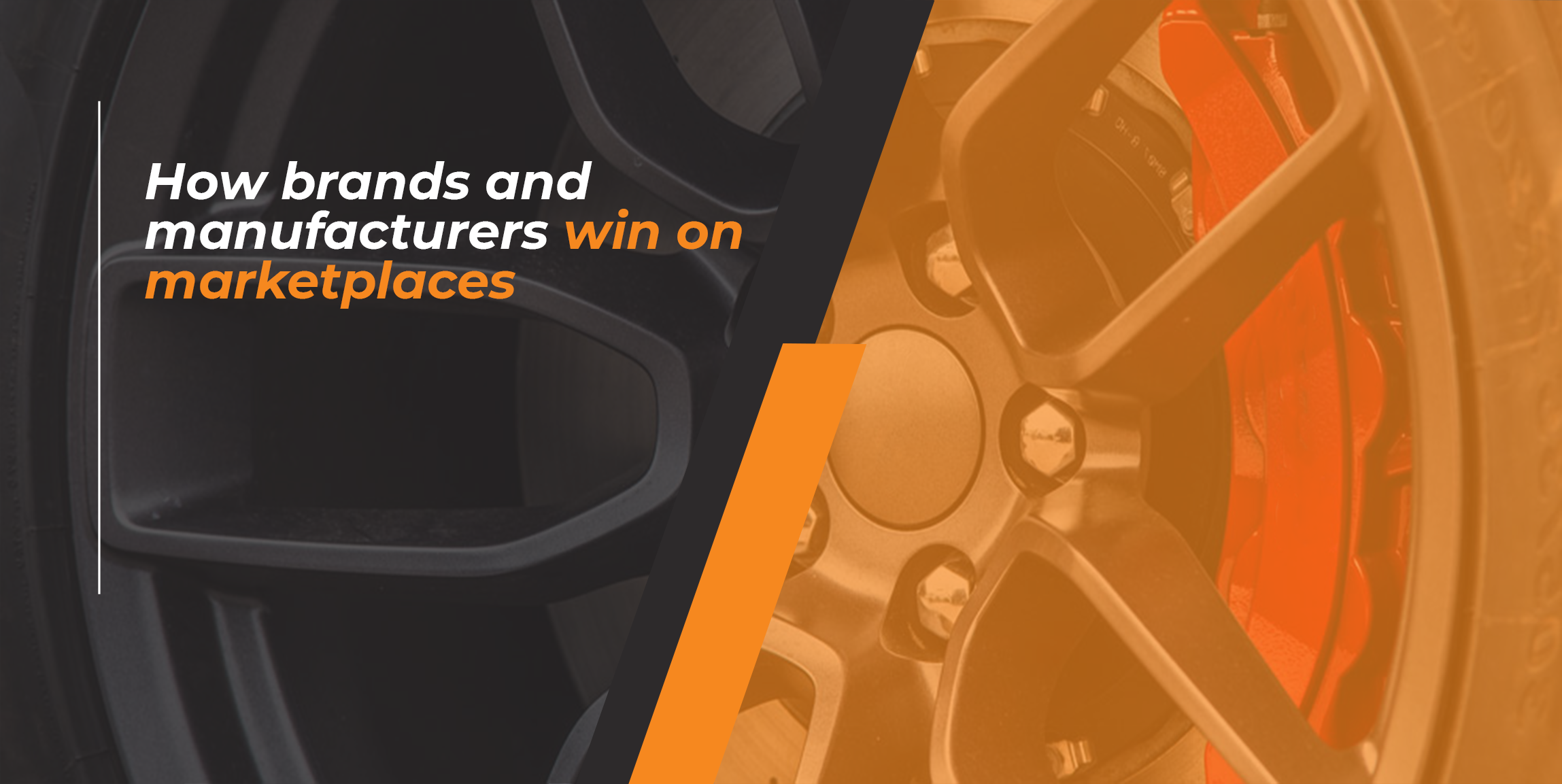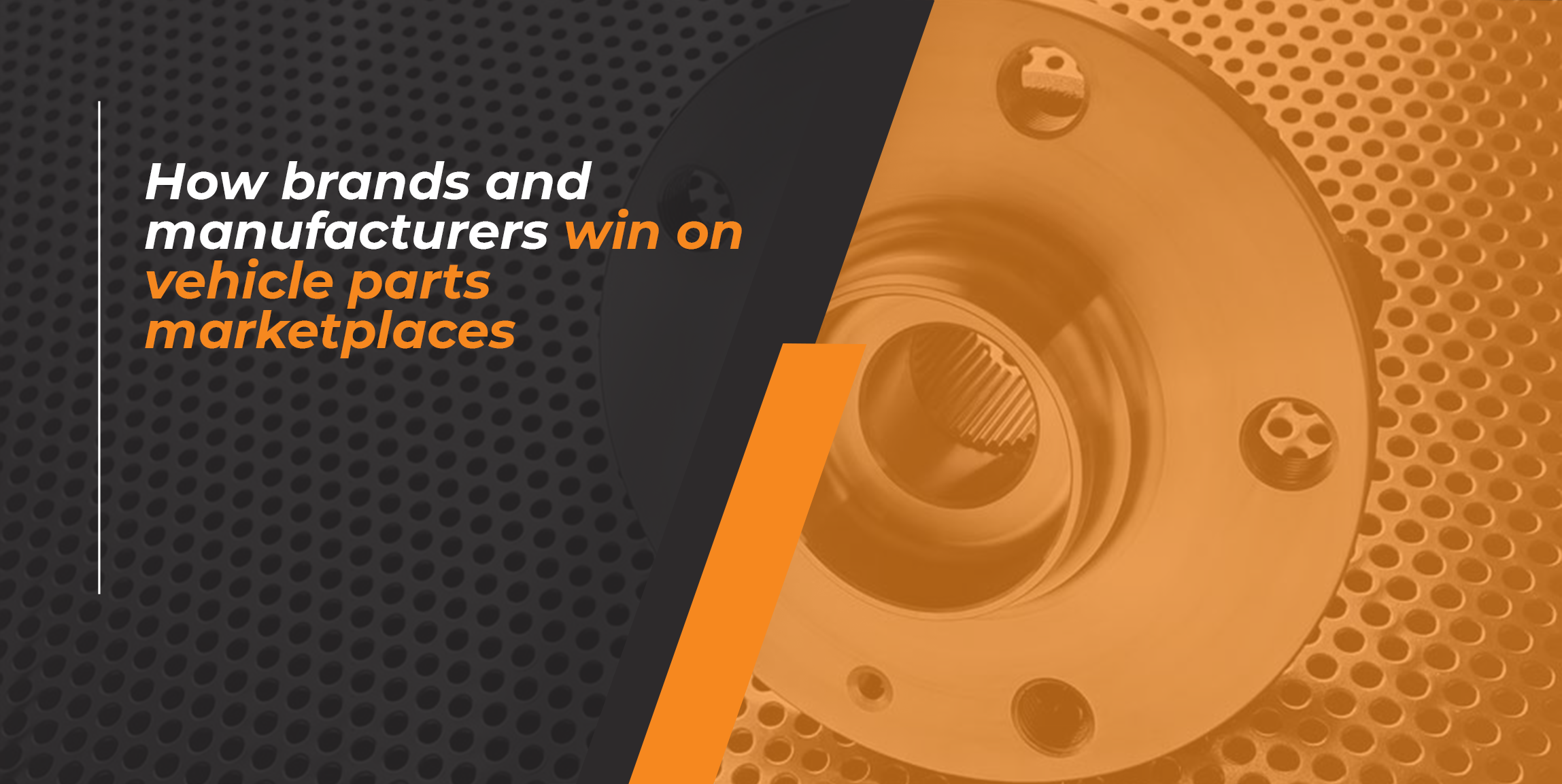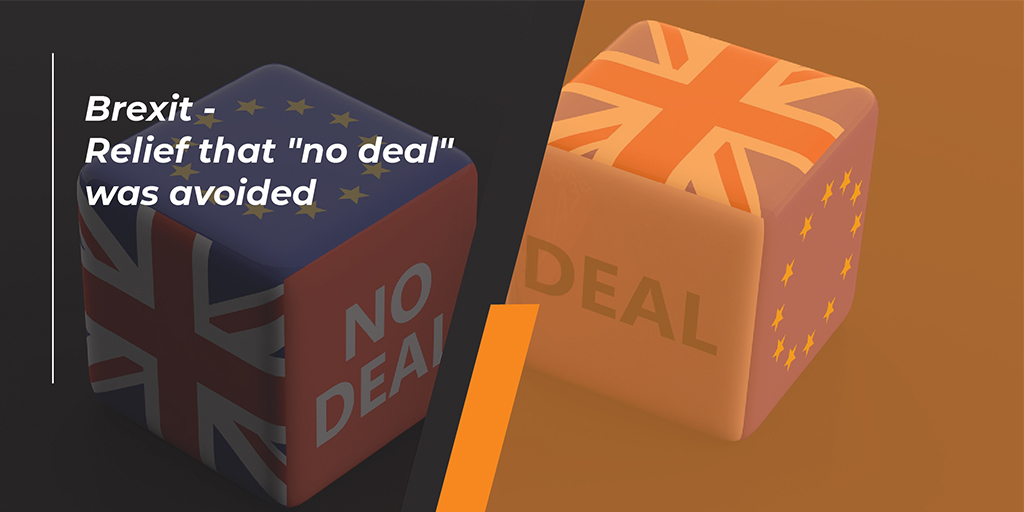
There was relief that “no deal” was avoided, but while many of us forgot about it over Christmas, a week later the agreement was in force.
Who won in the UK-EU Trade and Cooperation Agreement? The Agreement is now in force without tariffs and quotas. As the first EU tariff and quota-free deal with any country, it looks like the EU got the deal it wanted even if it did compromise on the details.
Fears that a trade deal would not be reached after Brexit prompted Britain to set up additional parking stations and customs inspections even before the start of 2021 when the new trade guidelines came into force, but this wasn’t enough for everything that was to happen.
Many exporters of goods were holding back, having stocked up across borders, since they didn’t know if there would be tariffs or a deal. With stock in place, they could afford to wait and see.
The cross-border traffic appeared to be at a standstill – most exporters were new to the bureaucracy and too many were not ready for the complexity they faced. Many thought the Brexit prospect would melt away, as it had twice before. “There’s more wrong with their paperwork than there is right” those on the ground report were saying, with as much as 90% of the UK inbound and outbound paperwork appearing to be incorrect (they were not ready for all the certification, the coding for tax, for health, for the safety inspection by local authorities, checks of the packaging integrity etc.) and trucks were delayed on arrival for as much as eight hours for processing before they could leave for their destinations.
It was only the second week of January that some major UK clothing retailers found that they face double tariffs if they import clothes, for instance, from outside the European Union, and then export them to Ireland and other EU nations. It makes no sense to pay a 12% tariff on a finished garment, and then pay it again to send it to a shop in Dublin. A shirt from Bangladesh or Cambodia enters the UK tariff-free, but a 12% tariff is applied at the EU border.
Many businesses that didn’t want to run the risk of their goods being blocked in transit decided to hold all movement and plans for at least three weeks. Companies are even waiting to see if consumers will tolerate slower deliveries and reduced choices. Some businesses may decide to stop selling certain goods.
International parcel delivery service firm DPD started their Brexit preparations back in 2019 yet decided to suspend all parcel traffic, to review the additional complexities, delay and cost.
A small part of the advice from The Republic of Ireland’s revenue service seems to even apply to freight moving between Scotland and Northern Ireland:
“All safety and security, customs declarations, and transit declarations must be lodged before arrival at the ferry port of departure in the third country. Additionally, the Movement Reference Number (MRN) of the aforementioned declarations for all goods carried on a vehicle or trailer, must be included in a Pre-Boarding Notification to be submitted to Revenue before the arrival of the goods at the ferry port of departure in the third country.
Failure to comply with this requirement is an offense, punishable on summary conviction of a fine of €5,000 or imprisonment for a term not exceeding 12 months or both.”
Which applies even to empty trailers…
ecommotors services can help you navigate the new world of Brexit regulations, and our platform allows you to automate these new rules. Subscribe to the ecommotors newsletter on the home page to stay up-to-date on the latest important information or contact us to discuss your growth and expansion plans.



